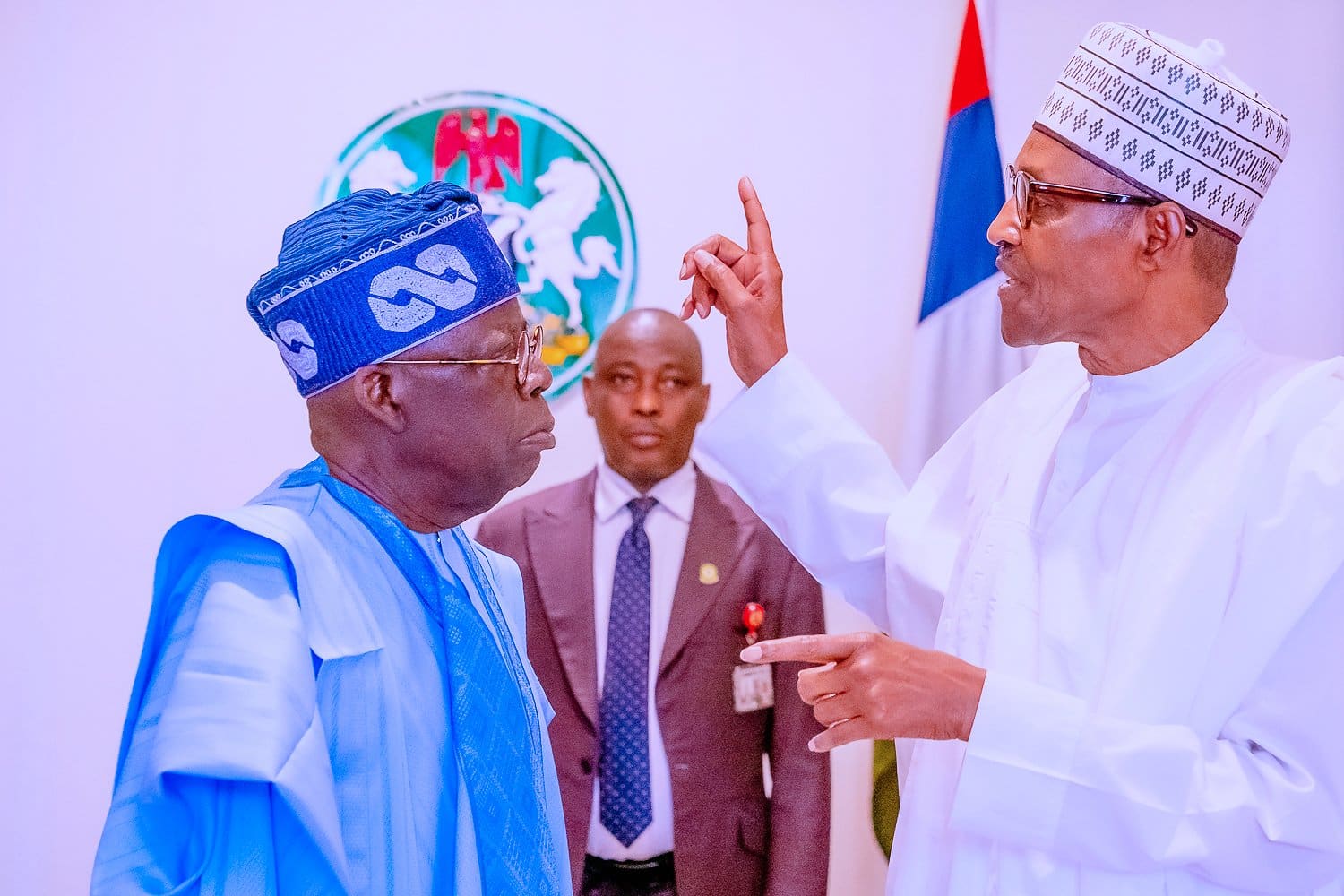ARTICLE AD
The Nigeria Police may have opted to implement the videotaping of confessions in response to the increasing number of criminal suspects retracting their confessional statements made during interrogations with law enforcement officers, PUNCH Metro reports.
A police wireless message was circulated by a self-identified investigative journalist on X.com known as @PIDOMNIGERIA on Wednesday directing police operatives to utilise video recording when obtaining confessional statements.
The wireless message bearing reference number AR:4280/BRS/X/VOL.3/208 partly read, “Confessional statement; be informed that the Supreme Court had that it is mandatory for police officers to video record suspects while making confessional statements.
“The police can use cell phones to record and later transfer it to a compact disc and attach it to the case file for prosecution.
“Alternatively, the police should stop restraining suspects’ lawyers from being present when suspects are making statements, as the law says. A suspect should make a statement in the presence of his lawyer or anyone related to him. The lawyer or relatives of the suspect who witnessed the statement must sign and write his name as a witness at the bottom of the statement.”
Although the Force Public Relations Officer, Olumuyiwa Adejobi, and the spokesperson for the Lagos State Police Command, Benjamin Hundeyin, did not answer their phones on Thursday when our correspondent tried to verify the wireless message, police sources informed our correspondent that the directive was aimed at preventing suspects from retracting their confessions during prosecution.
During an interview with our correspondent on Thursday, a senior police source in Lagos State, speaking anonymously about the new mandate, said, “We have what is known as the Administration of Criminal Justice Act, which governs the prosecution and detention of suspects.
“The Act is periodically reviewed to incorporate new developments. The directive is part of the latest amendments to the Act.”
“When a suspect makes a confessional statement admitting to a crime, prosecuting officers are required to video record the statement and transfer it to a CD. This ensures that, when the case goes to court, the confession cannot be retracted.
“This measure eliminates any suspicion or impression that the suspect was coerced into making the statement. Additionally, the statement must be made in the presence of the suspect’s lawyer,” she added.
Another police officer in Ogun State, who craved similar anonymity because of a lack of authorisation to speak for the police, said the intelligence of the Investigating Police Officer handling the case had a significant impact on how feasible the directives would be applied.
He said, “Taking confessional statements involves several procedures. In the past, when such situations arose, a senior police officer would be present during the statement, which would be recorded and later presented in court. This process is distinct from other types of investigations.”
Discussing the constitutional aspects of the directive, a managing partner at Pelican Crest LP in Oyo State, Sile Obasa, clarified that Section 17(2) of the Administrative Criminal Justice Act pertains to more than just confessional statements.
Obasa emphasised that all provisions of the section, including the requirement for the presence of the suspect’s lawyers or relatives, must be upheld before a suspect is asked to provide any statement, whether confessional or otherwise.
He said, “Here’s the point: when interrogating a suspect without video recording or the presence of their lawyer or a relative, can you be certain they won’t confess? And should officers then be able to use such a statement to prosecute them?
“The origin is the ACJA, mandating the law enforcement agencies to ensure that any statement from a suspect is properly recorded and made in the presence of a lawyer. The ACJA is domesticated across the 36 states of the federation.”

 3 weeks ago
14
3 weeks ago
14 

